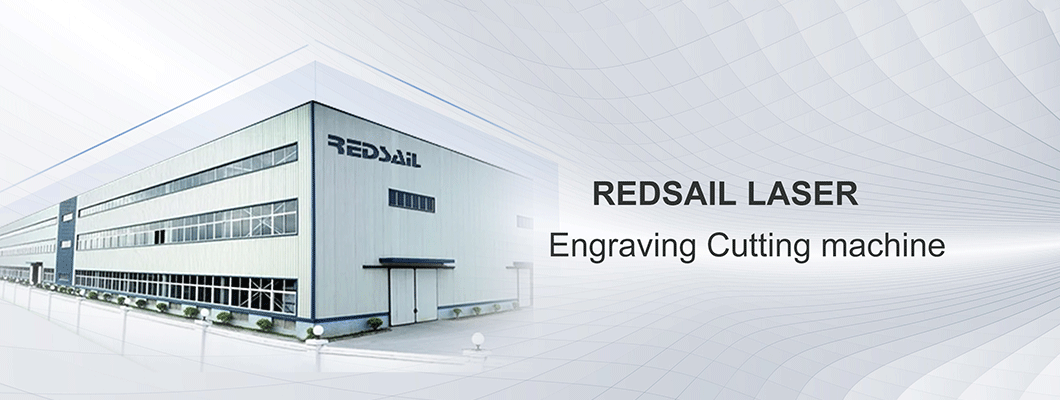
The application of laser cutting machine in industrial products has developed rapidly in recent years. Its near-infrared wavelength (1080nm) is also more conducive to the absorption of metal materials, especially in the field of high-power welding and cutting, showing high processing capacity and economy. Compared with gas CO2 laser, fiber laser cutting equipment has the following characteristics: low maintenance, low energy consumption and low operating cost; Optical fiber transmission, no need for reflector, no need to adjust the external optical path; Low power consumption, no working gas consumption of laser, energy saving and environmental protection. At the same time, near-infrared wavelength laser is more likely to cause harm to human body, especially to eyes, which requires the equipment to have better sealing and other protective functions.
Why does laser cutting machine adopt gantry structure?
The structure types of CNC laser cutting machine equipment usually include gantry type, cantilever type, middle inverted beam, etc. However, with the development of laser processing applications to high speed, high speed and high stability and the improvement of control technology, the gantry structure has also become the mainstream model in the world with its unique structural advantages, and is also the structure adopted by many well-known laser cutting machine manufacturers.
What are the characteristics of laser cutting machine technology?
Compared with the traditional CO2 laser cutting machine, the application of optical fiber laser cutting machine equipment in metal sheet cutting is different in external optical path, cutting head, auxiliary gas, etc. The laser can be directly transmitted to the cutting head through optical fiber. The optical path is stable and reliable to ensure the consistency of full-width cutting of the machine tool. The machine tool also does not need external optical path protection gas, and will not be equipped with air compressor and other processing systems; The laser can be collimated and focused after reaching the cutting head. Generally, a focus lens with a focal length of 125mm or 200mm can be configured. A protective lens must be installed between the focus lens and the nozzle to prevent the focus lens from being polluted; Fiber laser has good focusing performance, short focal depth, narrower cutting slit width (up to 0.1mm) and higher speed, which is suitable for fast cutting of medium and thin plates.
Why does the laser cutting machine use helical gear rack for transmission?
Several common linear shaft transmission modes of CNC machine tools include ball screw, gear rack and linear motor. Ball screw is usually used in CNC machine tools with medium and low speed and small stroke; Gear and rack are widely used, which can achieve high speed and large stroke; Linear motors are mostly used in CNC machine tools with high speed, high acceleration and special structure. In addition, gear and rack are divided into straight teeth and helical teeth. Compared with straight teeth, helical teeth have larger meshing area, and the transmission between gear and rack will be more stable.
What are the characteristics of bilateral drive of laser cutting machine?
The laser cutting machine with gantry structure has two types of motion: one is that the gantry moves but the workbench is fixed during processing, and the other is that the gantry is fixed and the workbench is moving. For large-format, high-speed and high-performance laser cutting machines, the first form is usually used, because the worktable moving with the workpiece is not suitable for high-speed and thick plate cutting. This bilateral drive ensures that the force of the beam is balanced and the beam runs synchronously. The laser cutting machine of some manufacturers adopts the single-side drive of the gantry. The servo motor is installed at one end of the gantry beam, and then transmits the driving force to the other end through a long shaft to realize the double-tooth gear rack drive and single-servo motor drive. Unilateral drive makes the force on both ends of the beam asymmetric, which affects the synchronization accuracy and reduces the dynamic performance of the machine tool.

Leave a Comment